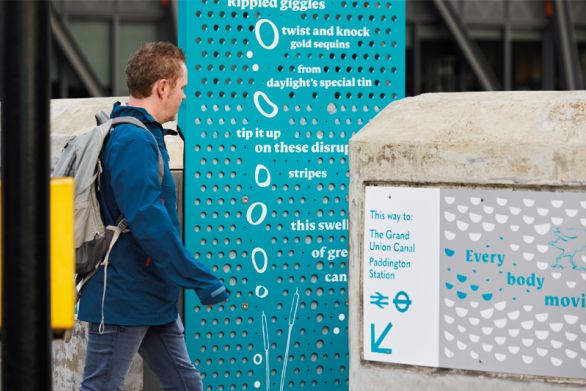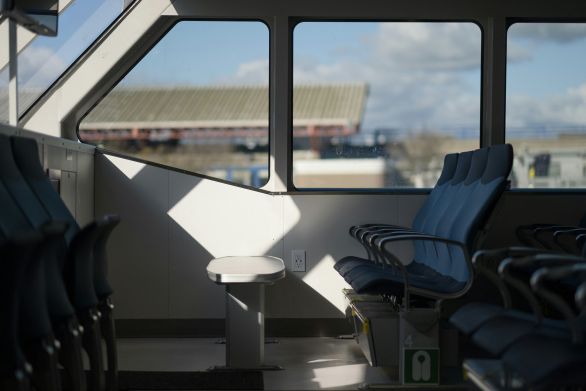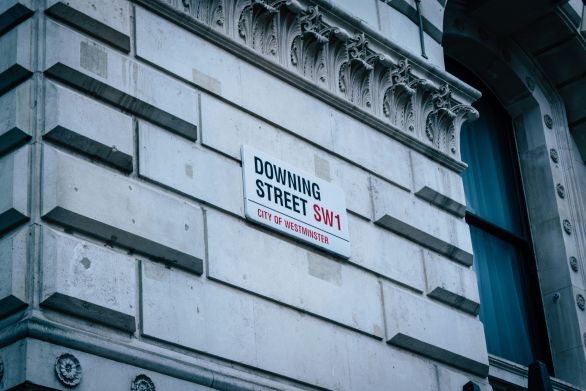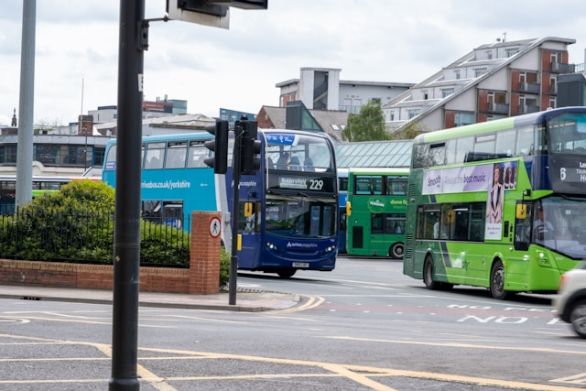With the UK’s General Election next Thursday, and the polls showing the results too close to call, what are the likely transport issues facing the incoming government?
The Airports Commission is due to report soon, but no recommendation is likely to be popular, and no new runway will be quick, cheap or easy to implement. The Conservatives would find it difficult to support the runway at Heathrow that they scrapped, but Labour could find it difficult to switch support to expansion at Gatwick, especially when many in Scotland and Northern Ireland favour improved connectivity through an expanded Heathrow. One risk is that yet more studies are found to be needed, again deferring any decision.
The three largest parties support HS2, but the SNP suggests that work must start simultaneously in Scotland. This could mean a long delay but, as with Heathrow, a hard-pressed or weak government might find it convenient to pause, study or review the existing scheme rather than press on against major opposition.
Holding down regulated rail fares is broadly popular, but growing demand will mean more crowding in the short term, which can only be alleviated by investment, and associated disruption, in the medium to long term. With the most cost-effective means of adding capacity already implemented or under way, holding fares down may mean either work on the existing network, as with Thameslink at London Bridge, or wholly new lines with their own impacts.
Labour proposes allowing public sector operators to bid for rail franchises, but holds back from the full rail renationalisation advocated by some parties. All will be constrained by European law which limits, and is expected to limit further, the extent to which infrastructure and operations can be integrated. Whatever industry structure is proposed, trains must continue to run, franchises must be specified, replaced or extended, the many infrastructure projects already under way must continue, and any disruption is a headache for government.
Localism and devolution are popular but, for the railways at least, there is often little correspondence between administrative boundaries, travel markets and railway operations. Local authorities may increasingly propose, singly or jointly, to specify and procure particular services, but this may add to the workload of franchise remapping and to the competition for the capacity available.
Finally, the demand for housing has led to renewed proposals for “eco-towns” promoted as both self-contained and well-connected by rail to London. It is not clear who will fund these settlements and how population, employment and services will be kept in balance. In the medium to long term, there is a risk that they overload scarce rail capacity and accelerate the need for further expansion.











